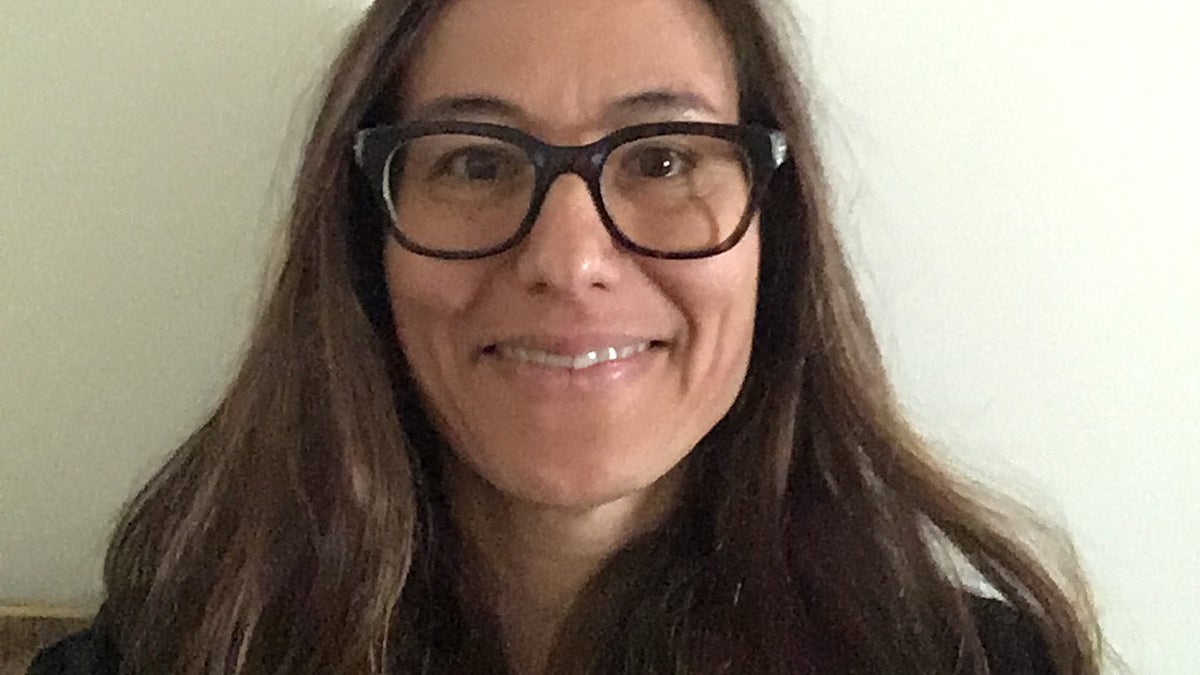Camilla Fojas named director of ASU’s School of Social Transformation

This July, Camilla Fojas will join Arizona State University as the new director of the School of Social Transformation.
This July, Camilla Fojas will join Arizona State University as the new director of the School of Social Transformation. She comes to The College of Liberal Arts and Sciences from the University of Virginia, where she was a professor and chair of the Department of Media Studies with a joint appointment in the Department of American Studies.
MORE: 4 new directors join ASU's social sciences division
“The School of Social Transformation is at the forefront of addressing significant social issues facing our country and our world. With her years of experience and insight on these topics, Camilla Fojas will bring the school to the next level with creative solutions and thought leadership,” said Pardis Mahdavi, dean of social sciences in The College. “I look forward to working with her and watching her flourish as director.”
While at the University of Virginia, Fojas co-directed the Global South Lab and the surveillance and infrastructure research area of the Humanities Informatics Lab. She was previously a Vincent de Paul Professor at DePaul University, teaching Latin American and Latino studies as well as global Asian studies, LGBTQ studies and critical ethnic studies. In addition, she was a National Endowment for the Humanities summer scholar.
Fojas said she was drawn to ASU for the innovation taking place throughout the university and the opportunities available to people of all backgrounds.
“ASU is bold, and in this boldness achieves things that other universities have not yet been able to achieve in terms of access for first-generation students, like myself, and undocumented students, ambitions for broad-based diversity and gender equity, not just in the students and faculty, but in leadership. This is unique and very much what draws me to ASU and to The College,” Fojas said.
She completed her graduate education at New York University, where she received her PhD in comparative literature with a concentration in film and cultural studies of the Americas in 1999 and her master’s degree in comparative literature in 1996. She received a bachelor’s degree in comparative literature and philosophy from the University of California, Santa Cruz in 1993.
Her research interests lie at the intersection of explorations of racial capitalism and border colonialism and imperialism. She is also interested in mixed race studies, comparative ethnic studies and how surveillance cultures and the visual codes of surveillance shape how we see things like racialized borders, gender and sexual norms.
Much of her work is inspired by her background as a child of immigrants and a first-generation college graduate.
“My parents are immigrants to the U.S. from different parts of the world — from the Philippines and England. We also moved back and forth from Hawaii, where I was born, and California, where I was mostly raised,” she said. “When you are a child of immigrants, it’s hard to feel complete belonging in the place where you are born or the places your parents were born. In many ways, this experience informs my work and explorations of, for example, U.S. empire in the expanded boundaries of the U.S. into the Philippines and Hawaii, and the experience and ideas of borders of many kinds, across race and territories.”
She has authored and co-edited nine books on these topics, most recently “Border Optics: Surveillance Cultures on the U.S.-Mexico Frontier.”
Fojas said her vision for the School of Social Transformation is to continue to elevate the cutting-edge research and activism of the faculty and students, while exploring new paths of curriculum and research.
“I am truly honored to be able to serve the faculty, staff and students of the School of Social Transformation. While I do have some very distinct ideas about the future of the school, I am also aware that any vision or mission is only accomplished in collaboration with others. The School of Social Transformation includes a number of areas of study and research at the fulcrum of some of the most urgent cultural, social and political issues of our time. We can bring principled and fully theorized analyses to the complex intersections of race, queer, trans, Indigenous and feminist issues, and should be present at any conversation that engages them — at ASU and beyond.”
More Arts, humanities and education

Grand Canyon National Park superintendent visits ASU, shares about efforts to welcome Indigenous voices back into the park
There are 11 tribes who have historic connections to the land and resources in the Grand Canyon National Park. Sadly, when the…
ASU film professor part of 'Cyberpunk' exhibit at Academy Museum in LA
Arizona State University filmmaker Alex Rivera sees cyberpunk as a perfect vehicle to represent the Latino experience.Cyberpunk…

Honoring innovative practices, impact in the field of American Indian studies
American Indian Studies at Arizona State University will host a panel event to celebrate the release of “From the Skin,” a…